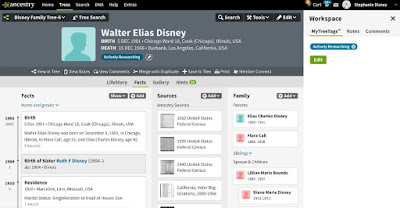American Lecture Tour - Update
Our 2019 Irish and Scots-Irish family history lecture tour of the United States begins next week on 09 March in Concord, NH.
Our events in Madison, WI and Tampa, FL have already sold out and our other events are filling up fast. If you are interested in attending any of our events, even those that are free to attend, we would recomend you contact the host organisation as quickly as possible to ensure that you don't miss out.
If you would like to register for one of the programmes simply click on the relevant link below.
09 March - Concord, NH
10 March - Philadelphia, PA
 11 March - Chicago, IL
11 March - Chicago, IL12 March - Madison, WI SOLD OUT
13 March - Green Bay, WI
14 March - Salt Lake City, UT
15 March - Salt Lake City, UT
16 March - Denver, CO
18 March - Pittsburgh, PA
19 March - Louisville, KY
20 March - Coeur d'Alene, ID
22 March - Valparaiso, IN
23 March - Tampa, FL - SOLD OUT
24 March - Fairfield, CT
25 March - New York City, NY
26 March - New York City, NY
Getting involved – we would like you to help us
We would like you to help us make our 2019 lecture tour as successful as it can be. It is easy to get involved: by talking to friends and family, especially those interested in family history; telling your local library, community learning groups, fraternal organisations in your area; messaging genealogy and history societies, museums, Irish, Scots-Irish and celtic cultural organisations, sharing and commenting on social media, blogs and forums; or even mentioning the Foundation to your local Irish pubs, clubs or local interest groups.
You don’t need to live in USA to assist. Supporters living in UK and Ireland, Canada, Europe, Australasia and South Africa have friends, family and contacts in USA. You too can share posts, tweets and details of the tour with potentially interested parties.
We would like to thank you for your help and support. More information can be found at https://www.ancestryireland.com/lecture-tour-2019.
(With thanks to the UHF)
Chris
My next Scottish Research Online course starts March 11th 2019 - see www.pharostutors.com/details.php?coursenumber=102. Details of my genealogical research service are available at www.ScotlandsGreatestStory.co.uk. For my Scottish and Irish themed books, visit https://britishgenes.blogspot.com/p/my-books.html. Further news published daily on The GENES Blog Facebook page, and on Twitter @genesblog.






























